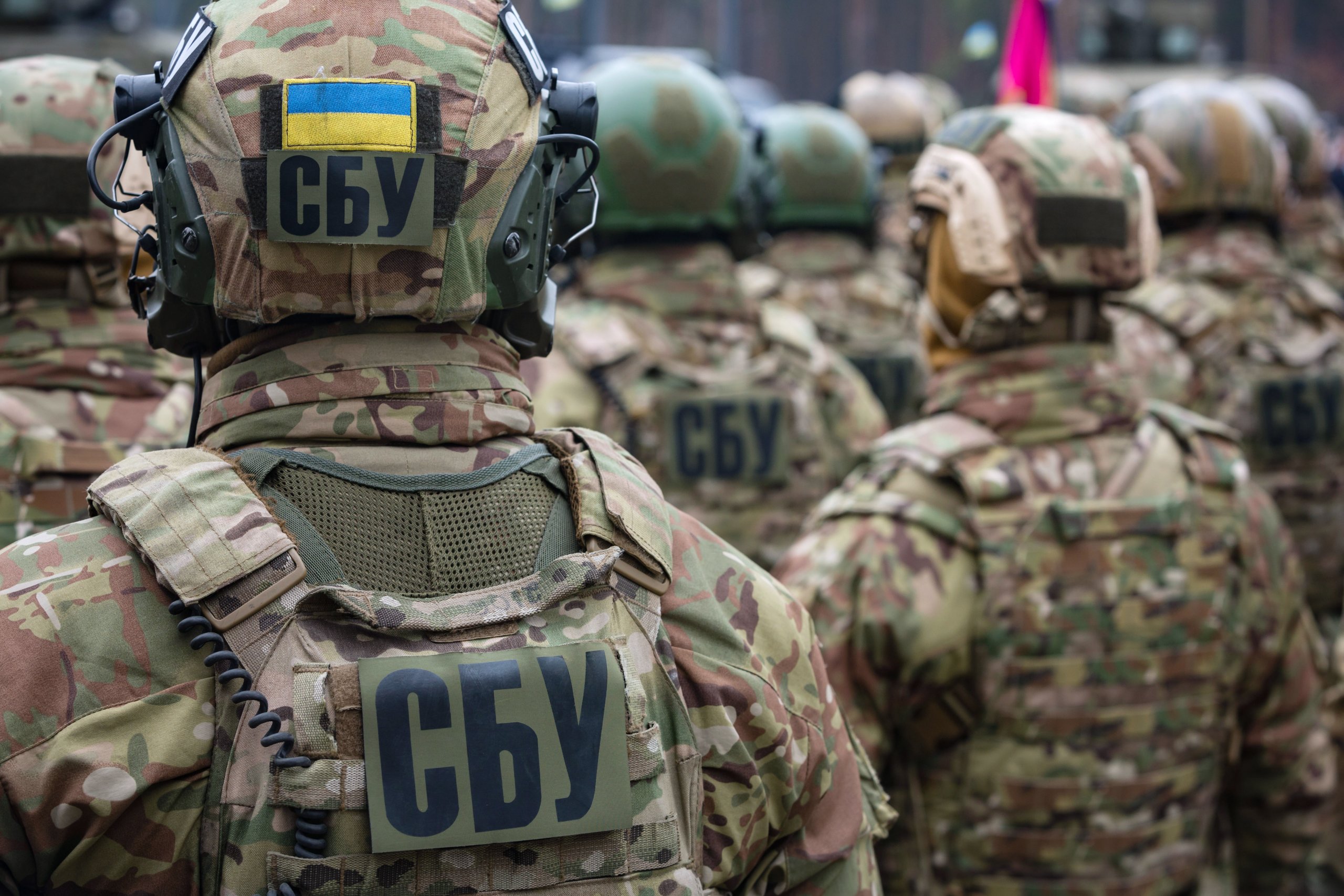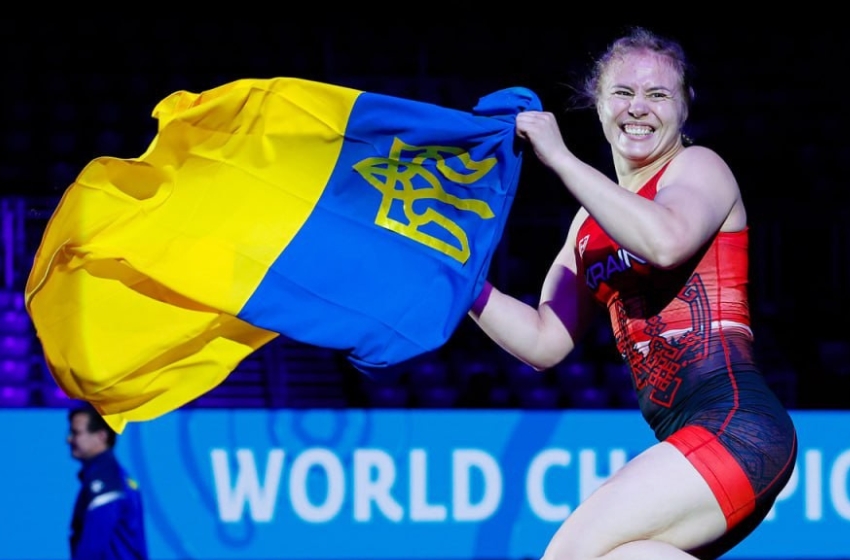European countries are now producing six times more ammunition than two years ago, but the pace of defense production still needs to accelerate. NATO Secretary General Mark Rutte stated this today at the opening of Europe’s largest artillery shell production plant by Rheinmetall in Unterlüß, Germany.
“Europe’s annual capacity for producing artillery ammunition is now six times larger than just two years ago. By the end of this year, it is expected to reach 2 million shells, and Rheinmetall is providing a significant share of this growth,” Rutte said.
He called on defense manufacturers to make similar efforts in increasing the production of tanks, air defense systems, and missiles.
“I urge you at Rheinmetall, and the entire transatlantic defense industrial base, to maintain high production levels, aim even higher, and make the most of opportunities for joint work across the Alliance and, of course, with our partners such as Ukraine,” Rutte emphasized.
The Unterlüß plant alone plans to produce 350,000 artillery shells annually. Globally, Rheinmetall expects to produce 700,000 artillery rounds this year.
According to Rutte, as Russia and China accelerate their military production, NATO must strengthen its own defense industrial base, learning in part from Ukraine’s innovative industrial mobilization.
“The challenges we face won’t disappear anytime soon. To speed up production of urgently needed weapons, we can build on our experience in scaling up shell manufacturing and learn from Ukraine’s innovative approaches. We need to restart dormant production lines, develop faster manufacturing processes, and secure components so that orders can be delivered more quickly,” he said.
Rutte also stressed the need for NATO to reduce dependency on critical raw materials from third countries and to keep prices under control to ensure stockpiles can be replenished.
He highlighted the growing importance of the defense industries of Germany, Europe, and North America: “Ensuring our strength and success is NATO’s top priority. And strength and success — that’s exactly what Rheinmetall represents.”
Rutte praised the speed of construction of the new plant, which took only 14 months, calling it an example of efficiency needed to secure Europe’s and North America’s prosperity and security.
“Russia and China are rapidly expanding their military resources and capabilities. Their defense industries produce weapons and heavy military equipment at incredible speed — not only to showcase at big parades in Moscow and Beijing but to secure spheres of influence, project power, and undermine the rules-based international order,” Rutte stressed.
This year alone, Russia is expected to produce at least 1,500 tanks, 3,000 armored vehicles, and hundreds of Iskander missiles. As for China, he noted it already has the world’s largest navy and some of the biggest defense companies globally.
“Their military buildup clearly signals their direction: they are preparing for long-term confrontation and competition with us,” Rutte said.
He also commended Germany for taking a leading role in boosting defense spending:
“Germany has already announced plans to invest nearly €153 billion in defense by 2029. Germany is taking the lead, as it should. You are the largest economy in Europe, and others will follow your example. We are now seeing NATO allies across Europe seeking to invest much more in defense,” Rutte concluded.





















